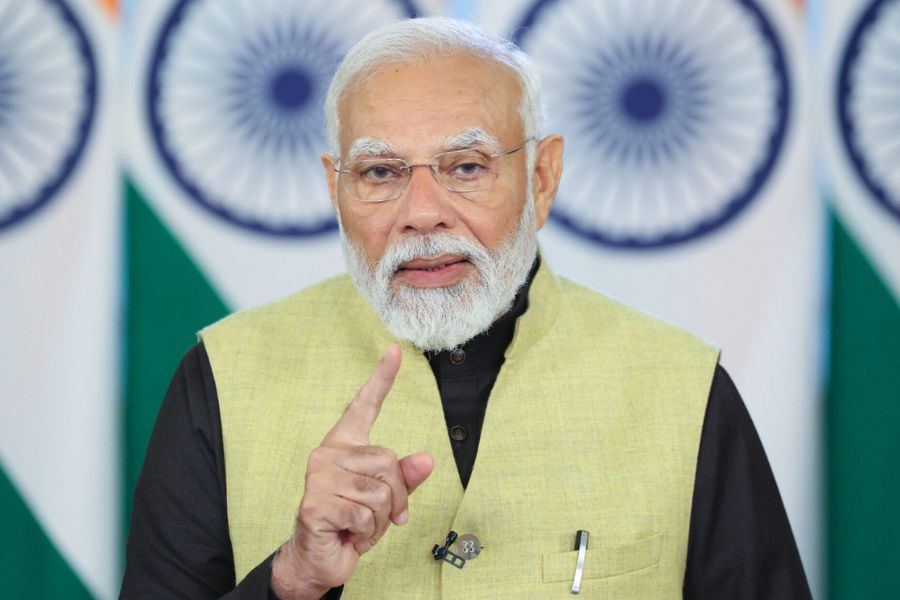A Bangalore-based data analytics start-up anticipates a spike in digital fraud cases amid the second wave of the Covid pandemic as people turn to digital means of payments and transactions.
“When Covid was at its peak last year, the number of complaints were 500-600 every single day. This came down to around 300-400 later in the year. Again it is picking up at 600-650 per day. This number is going to go up and we envisage this will grow up to 1,000 per day,” said Adhip Ramesh, founder, TrustCheckr.
The three-year old start-up uses API (application programming interface) based solutions to enable businesses to detect frauds and fake profiles on digital platforms using data sourced from various fintech partners and social channels.
“The flavour of the season is charity fraud using Covid as a reason. The story keeps on changing but the methodology remains the same,” said co-founder Shivraj Harsha.
“The common thread of digital payment frauds is phone number and email address. We check fraud signals with phone/email, validate the customer authenticity using historical fraud trends and fraud data sets,” said Ramesh.
The company collected around 350,000 data points over a 12-month period across different types of fraud during the Covid pandemic and estimated that social engineering frauds comprising CVV/OTP sharing, UPI phishing, frauds through digital payments links and QR codes on digital payments platform, fake cashbacks and screen sharing apps, KYC related frauds constituted majority of the overall frauds.
Geographically, the eastern states of Bihar, Odisha and the northeastern states of Guwahati and bordering districts of Bangladesh constituted around 40 per cent of the fraud origination. The metro cities of NCR, Mumbai, Delhi and Calcutta constituted around 20 per cent.
Ramesh added that the start-up is in discussions with NPCI, banks, NBFCs and other fintech operators, including digital payments platforms on the possibility of incorporating their solution into those platforms.
“The objective is to stop a fraud occurring right at the point of origination. Our solution acts as an additional layer or firewall,” said Harsha.
“If it sounds too good to be true, one should be careful about such transactions,” he added.
Data from NPCI shows that UPI transactions have grown 78.37 per cent in volume and 92.5 per cent in value during 2020-21 compared with the previous year.











